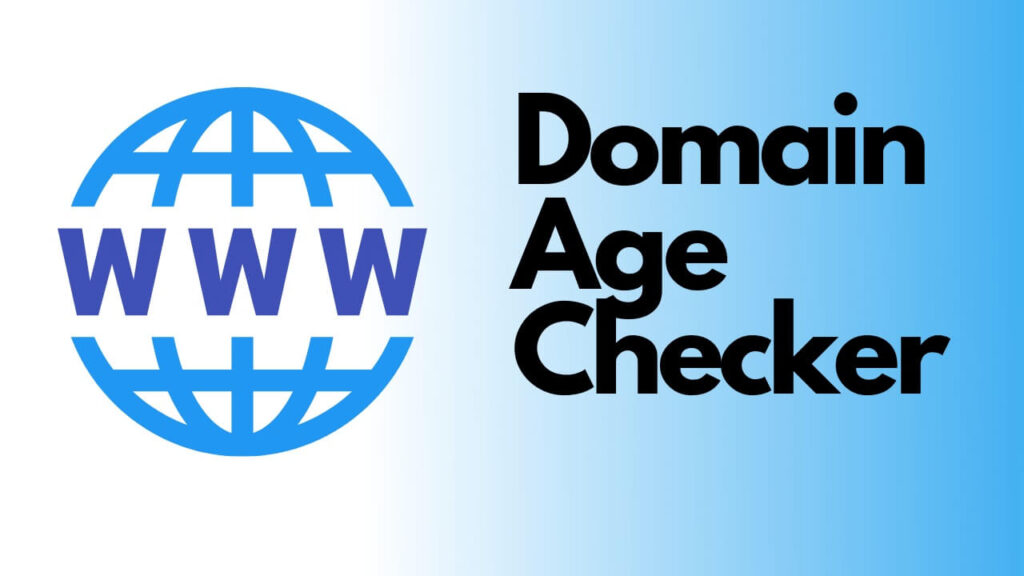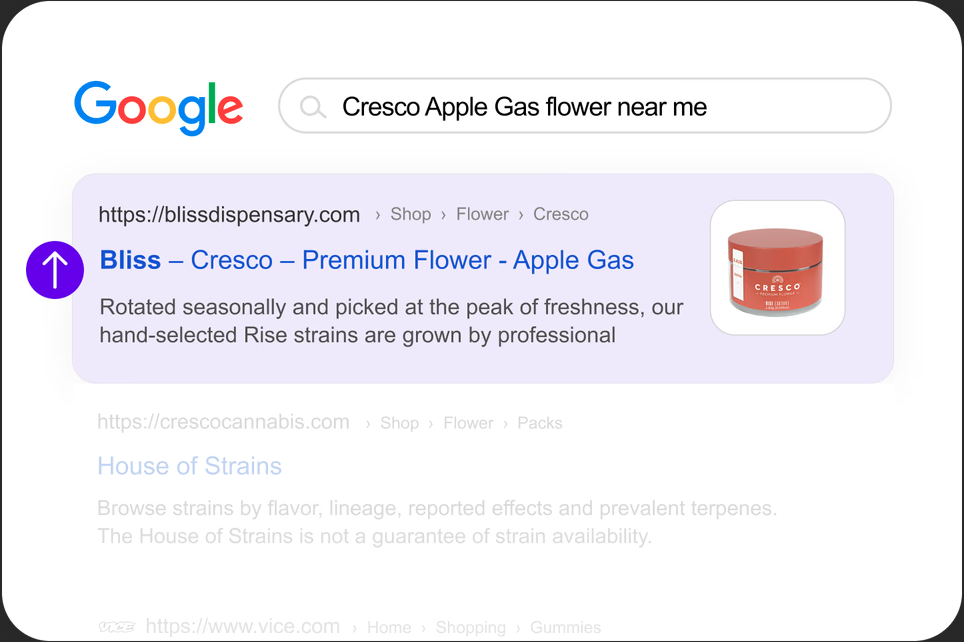When people search for content on Google, its search bots crawl through millions of web pages and present the most relevant results to their query. More often than not, when you conduct an organic search, you receive the results that you need.
There are some concerns surrounding how web pages rank on SERPs. Does their domain age matter? Does Google consider the website’s age when revealing its content on its result pages? The answer is yes. However, it is also dependent on several factors.
Domain age is one of such factors as to whether a website will receive a better ranking during an organic search.
This article discusses everything you need to know about domain age and how it relates to SEO.
What Is Domain Age?
Website domain age is the years a particular domain has been registered under a registrar. People often mistake domain age for the number of years a website has existed. However, it is not accurate.
Domain age is the number of years or months a website has under its current name and website extension (that is, .com, .info, .org, .io).
Websites can take different names due to marketing strategies and business adjustments. Thus, a business that started with a .info extension may change it to .com as time goes on. Hence, domain age will be calculated when the website’s current name and extension are implemented.
How Important Is Domain Age for SEO?
Domain age is an essential aspect of SEO. The reason is that Google banks on website trustworthiness as a ranking factor for SERPs. The logic behind this is that if a domain has existed for several years, it must be more valuable compared to the newer ones.
That’s not to mean that domain age ranking factors for Google or other search engines are based solely on the website’s age. Your newer website still has a fighting opportunity of ranking better than an older website for targeted keywords.
When you incorporate metrics such as domain authority, page rank, backlinks, website structure, interlinking, and others, you’ll see why older domains rank better than new ones.
Does Domain Age Affect SEO?
Consider this example:
Someone fresh out of college with no experience cannot compete with another who has up to 6 years of working experience for the same role.
A recruiter will always consider someone with background experience because they believe the professional prospect understands the job better. They also know that the experience prospect will deliver targets while taking less time to adjust to the new environment.
See where we are going with this? The same scenario plays out for the domain age ranking factor on SERP. Google, Bing, Yahoo, and other search engines consider this when showcasing websites for targeted searches.
However, your newer domain still stands a chance of ranking with older domains if you fulfill some SEO strategies for your website. Older websites also have those obligations to incorporate into their web pages. The quality of your website is what matters here.
Anyone can register a domain for several years without filling it with relevant content. Google will not rank such websites over newer ones that are relevant.
SEO Tips for Older Domains
If you have a relatively older website, you can take advantage of it to get more visibility and traffic. Try out the following tips:
● Track and optimize backlinks. Backlinks are a testament to website trustworthiness. If more websites are referencing and linking to your website, it’s a great SEO signal. You must earn backlinks from other websites as you link to them. You can use tools such as SEMRush, Moz, and Ahrefs to monitor the websites linking to your own. If you notice that the backlinks are ending up in error pages, you can write to the authors or referrers with a new link they can post.
● Structure your website’s essential pages. Another way your older website can perform better is when you structure and add more pages to your website. You can add more service pages to your website if you don’t have them. If your website doesn’t have a blog, you should include one as people might learn about your offerings from such pages. You can also use web data analytics like Google Analytics to see your top-performing page and optimize other website pages.
● Stay updated with SEO trends. Beyond the fact that your domain age is older, you need to keep up with SEO trends to rank better than others. These trends include proper web design, mobile optimization, page loading speed, schema, local SEO, and website silo.
SEO Tips for New Domains
If you want your new website to get more visibility for SERPs, you should incorporate the following SEO tips:
● Use older websites as an inspiration for yours. One of the best tips to implement is to look out for some of the best domains for SEO and see what they’re up to. You can use keyword research tools like SEMRush to find the top-performing pages and let their structure inspire you to create your own website. You should not copy and paste their content on your website, as search engines frown at that.
● Focus on local SEO. You should focus on local SEO if your website services a particular town or city. When you begin to rank better for local SEO, you can expand your reach to national SEO. You should practice tips such as creating and updating your Google My Business page, voice search, schema structured data, registering your website in local directories, and many more.
● Invest in paid ads. Another way you can improve your SEO performance is to invest in paid ads. These ads appear at the top of organic searches, and people will see them first. You can improve your website traffic with paid ads and stick to organic SEO when you’ve built a following.
Domain Age Ranking Factors
Ever wondered about the factors that Google uses to rank older websites? Here they are:
● Backlinks. Older websites tend to have more backlinks compared to newer websites. Google sees this as a great sign and ranks it better than others.
● Traffic history. Older websites are prone to have more traffic compared to new sites. This is essential because Google knows people regularly visit their site. If their content is relevant, Google will rank it above others.
● Content. This isn’t rocket science. Some of the best domains for SEO are filled with engaging content that attracts people to them. Google takes note of that.
● User experience. Domain age competes better when it comes to website user experience. People who visit their website know where to locate different pages and fulfill digital marketing objectives faster than new ones.
Is Older Domain Better?
When it comes to SEO ranking factors, domain age matters. They fulfill most of the factors Google and other search engines consider for their SERPs. But an older site doesn’t automatically mean it will rank better than others.
The site has to be filled with quality content and optimized for targeted keywords before it will be ranked above others by Google.
How to Check Domain Age?
Do you know you can check domain age for any website, not just your own?
You can use a domain age checker tool to determine how old a domain is.
Visit Dupli Checker, place the website on the provided space, and click Check Domain Age. You will be able to see information such as domain name, date of creation, current age, and expiration date.

Domain Age Checker Tools
Beyond Dupli Checker, there are other bulk domain age checker tools you can use to check multiple domain ages simultaneously.
These tools include:
● WebFx
How to Buy Aged Domains
You can also purchase pre-existing domains that aren’t owned by anyone from domain providers. All you need to do is visit the following websites:
● GoDaddy Auctions
● DomCop
● NameJet
● SwapNames
● Domain Hunter Gatherer
Look at the available domains and bid for them. The DNS information and other details will be handed to you if you win the bid.
Conclusion
Does domain age matter in SEO? Yes. But your newer website with more optimization and tweaks will rank better than others during an organic search.
Visit our blog for more articles to improve the visibility of your website.




